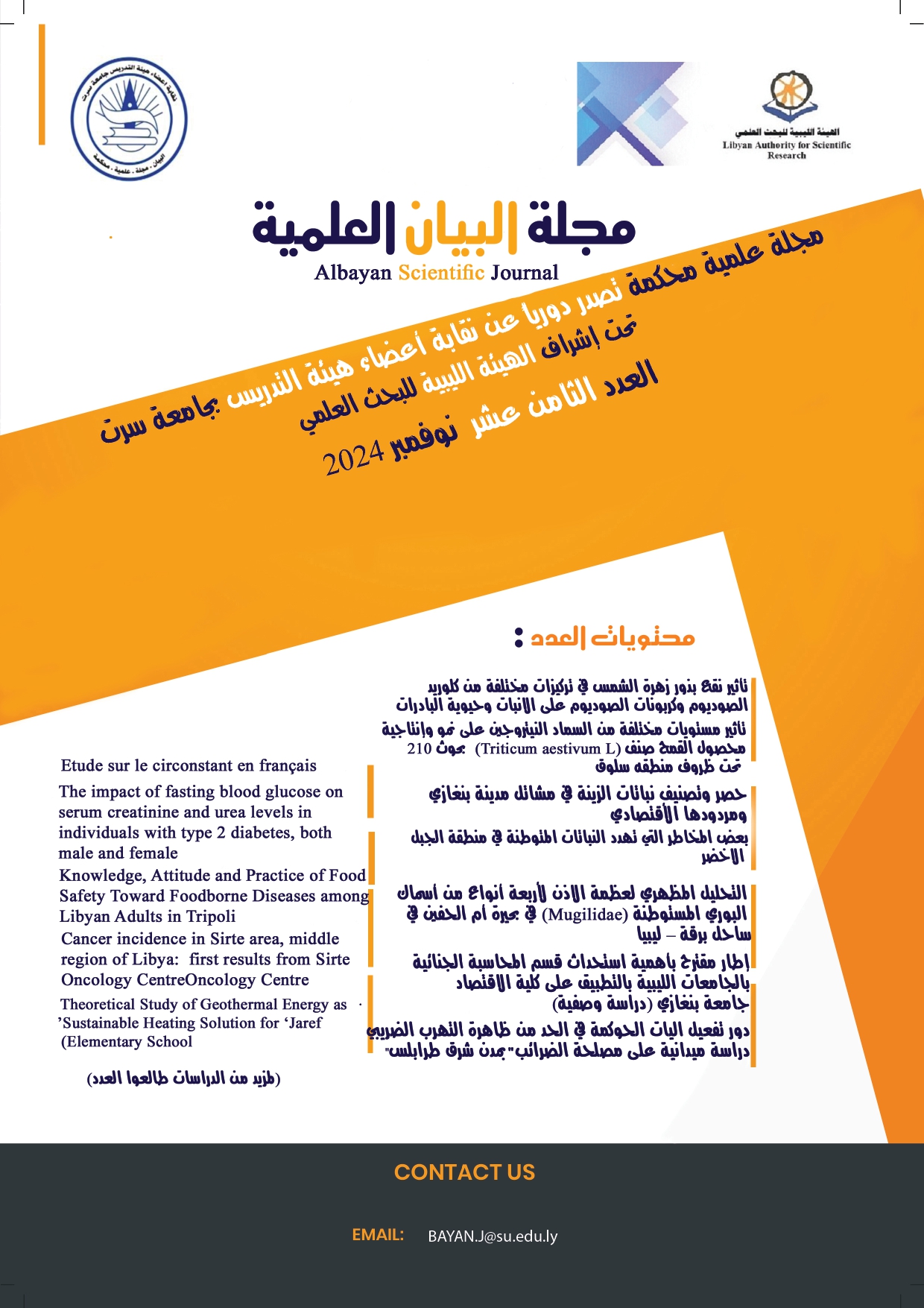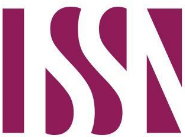The views and obstacles associated with using electronic learning as a pedagogical tool in a language classroom at Sirte University
Keywords:
Electronic learning, pedagogical tool, language classroom, EFLstudents, Obstacles, ChallengesAbstract
This study was an attempt to explore Libyan students' views about the use of electronic learning as a pedagogical tool in a language classroom at Sirte university. It also attempted to find out the obstacles that EFL students face when using electronic learning. The research instrument used in this study consisted of a close-ended questionnaire which consisted of ten statements and questions, and 12 sub-statements. The sample of this study consisted of thirty EFL learners who were randomly selected from the College of Education, the English Department at Sirte University. The data was collected and analyzed quantitatively. Based on the findings of this study, it can be said that students are aware of the importance of using E-learning, yet they are not having the proper chance to use them for different reasons. It can also be concluded that students at Sirte University-college of Education encounter several pedagogical and technical obstacles and challenges when using electronic learning.References
Abernathy,D.(2019). ADDIE in action: A transformational course redesign process. Journal for the advancement of Educational Research,13(1).8-19.
Basilaia, G., & Kvavadze, D. (2020). Transition to online education in schools during a SARS-CoV-2 coronavirus (COVID-19) pandemic in Georgia. Pedagogical Research, 5(4).
Cojocariu, V. M., Lazar, I., Nedeff, V., & Lazar, G. (2014). SWOT analysis of e-learning educational services from the perspective of their beneficiaries. Procedia-Social and Behavioral Sciences, 116, 1999-2003.
Davies,G.(2012). Computer Assisted Language Learning: Where are we now and where are we going? Retrieved June 21,2016, from http://www.cam soft partners.co.uk/docs/UCALL-Keynote.htm
Littlefield, J. (2018). The difference between synchronous and asynchronous distance learning. https://www.thoughtco.com/synchronous-distance-learning-asynchronousdistance-learning-1097959
McBrien, J. L., Cheng, R., & Jones, P. (2009). Virtual spaces: Employing a synchronous online classroom to facilitate student engagement in online learning. International review of research in open and distributed learning, 10(3).
Murphy, M. P. A. (2020). COVID-19 and emergency eLearning: Consequences of the securitization of higher education for post-pandemic pedagogy. Contemporary Security Policy, 1-14. https://doi.org/10.1080/13523260.2020.1761749
Picciano, A. G. (2017). Theories and frameworks for online education: Seeking an integrated model. Online Learning Journal, 21(3). https://doi.org/10.24059/olj.v21i3.1225
Selinger,M.(2001). Communication Technology in Schools. ttp://www.imfundo.org/papers/cit-in-s.doc
UNESCO. (2020). Global Education Coalition-290- million students out school due-COVID-19. In Unesco. https://en.unesco.org/news/290-millionstudents-out-school-due-covid-19-unescoreleases-first-global-numbers-and-mobilizes
V. Singh & A. Thurman, How Many Ways Can We Define Online Learning? A Systematic Literature Review of Definitions of Online Learning (1988-2018), American Journal of Distance Education, 33(4), pp. 289-306 (2019). DOI: 10.1080/08923647.2019.1663082
Wang, H., Pi, Z., & Hu, W. (2019). The instructor's gaze guidance in video lectures improves learning. Journal of Computer Assisted Learning, 35(1), 42- 50. https://doi.org/10.1111/jcal.12309
Watson,Deryn. (2003). The Teacher- A Forgotten Stakeholder? In Dowling & K.Lai (Eds.), Information and Communication Technology and the Teacher of the Future (pp:29-38). Norwell, Mass.: Kluwer Academic Publishers.
Yang, F., & Li, F. W. B. (2018). Study on student performance estimation, student progress analysis, and student potential prediction based on data mining. Computers & Education, 123, 97-108. https://doi.org/10.1016/j.compedu.2018.04.006













